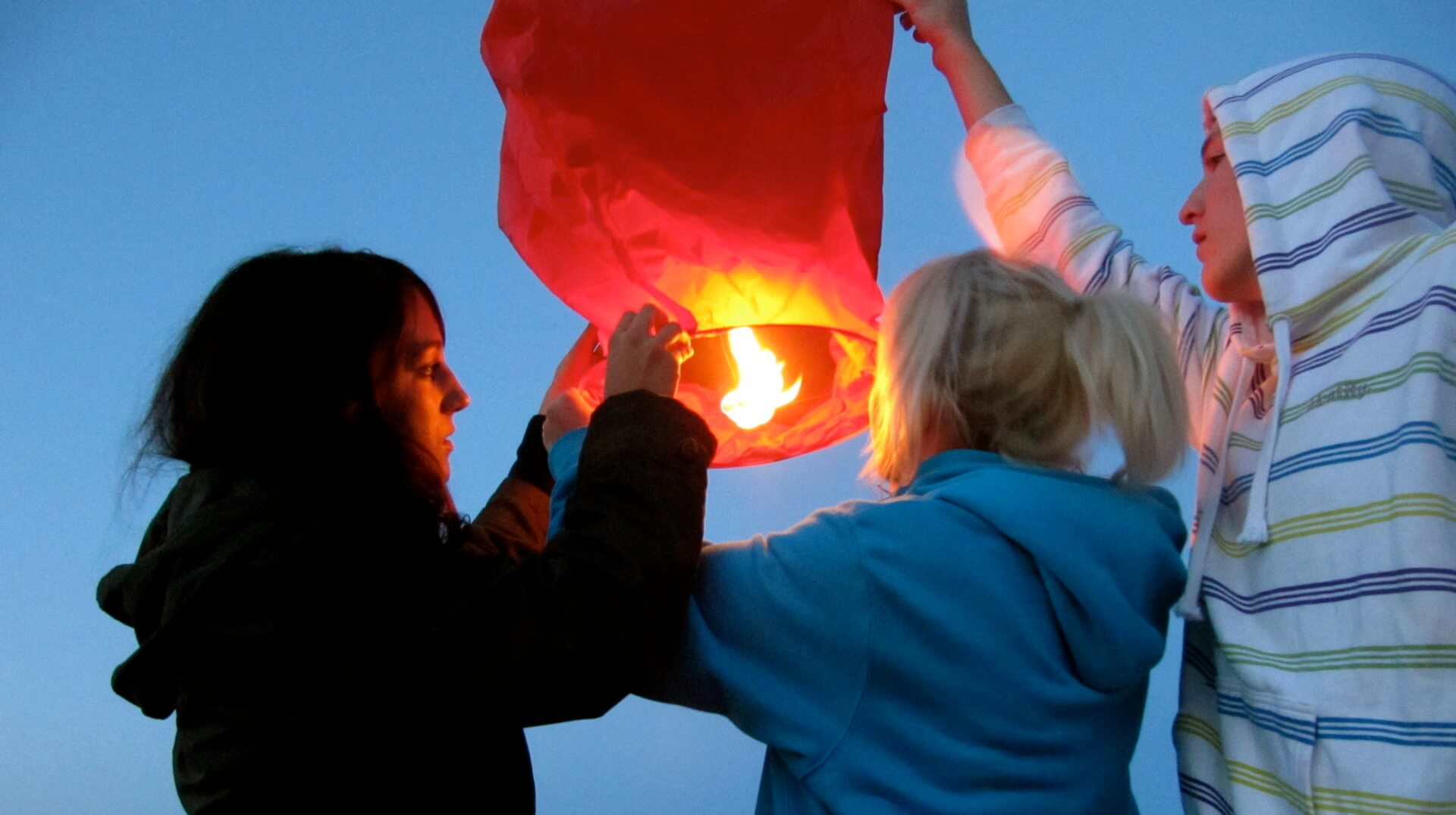The thematic area Child Supportive Environments & Relationships refers to early interventions to prevent children from being subjected to sexual abuse and violence. Childhood’s work is evidence based regarding risk- and protective factors. A key aspect of our work is focused on one of the most important protective factors for children: a close relationship to a caring and supportive adult. Adults who see, listen and affirm children and who take action when children are at risk or have been abused. This will allow children to develop into independent, secure individuals who are able to give and receive love.
A safe and caring family environment builds resilience against sexual abuse
We know that globally, children are most at risk of being victimized by someone they know and in surroundings where they spend most of their childhood.We know that children in families where violence, substance abuse and mental illness are common are especially vulnerable. Children who completely lack supportive caregivers in their lives are particularly at risk of being exploited and exposed to violence and sexual abuse – such as children who have run away or been kicked out of their homes, children who are street affected and/or children who are placed in residential care. We also know that institutions are unable to meet children’s basic needs for safety and attachment.
Early intervention for children and families
Early intervention for children and families where there is an identified risk for violence and sexual abuse and family-based alternatives to orphanages are key components of our programs and are also relevant for our other thematic areas. For example, children who face high risks of being abused in their home-environment are also at increased risk of being abused online. A close relationship with a safe and caring adult is also key in helping children and youth who have suffered sexual abuse to recover.
Strengthen the safety net around children
In order to reduce the risks for abuse, Childhood actively works to strengthen safeguarding protocols in environments where children spend their time. We work to strengthen the safety net around children. This safety net is composed of both relatives, responsible adults and professionals working with children, but also other sectors that interact with children such as the travel industry, real estate companies or technology companies.
In our over 20 years of existence, our achievements include the development of effective parenting programs in South Africa and Poland, development of family-based alternatives to residential care in Eastern Europe and Asia and new methods to reach specific risk groups piloted in Sweden.
Support for children in families with abuse and/or mental illness
In Sweden, an estimated 500,000 children and young people grow up with at least one…
To protect children against abuse from travelling offenders
Early interventions and support to children and families in high risk situations
One of the most important areas to prevent sexual abuse and violence against children is…
Support for children with disabilities
Children with special needs are three to five times more likely to be exposed to…
Short term foster families – from pilot project to legal change
In Ukraine there is a tradition of placing children who cannot live with their families…
To reach and strengthen high-risk groups through sports
In the aftermath of apartheid many children in South Africa grow up in areas where…






